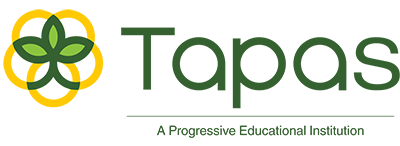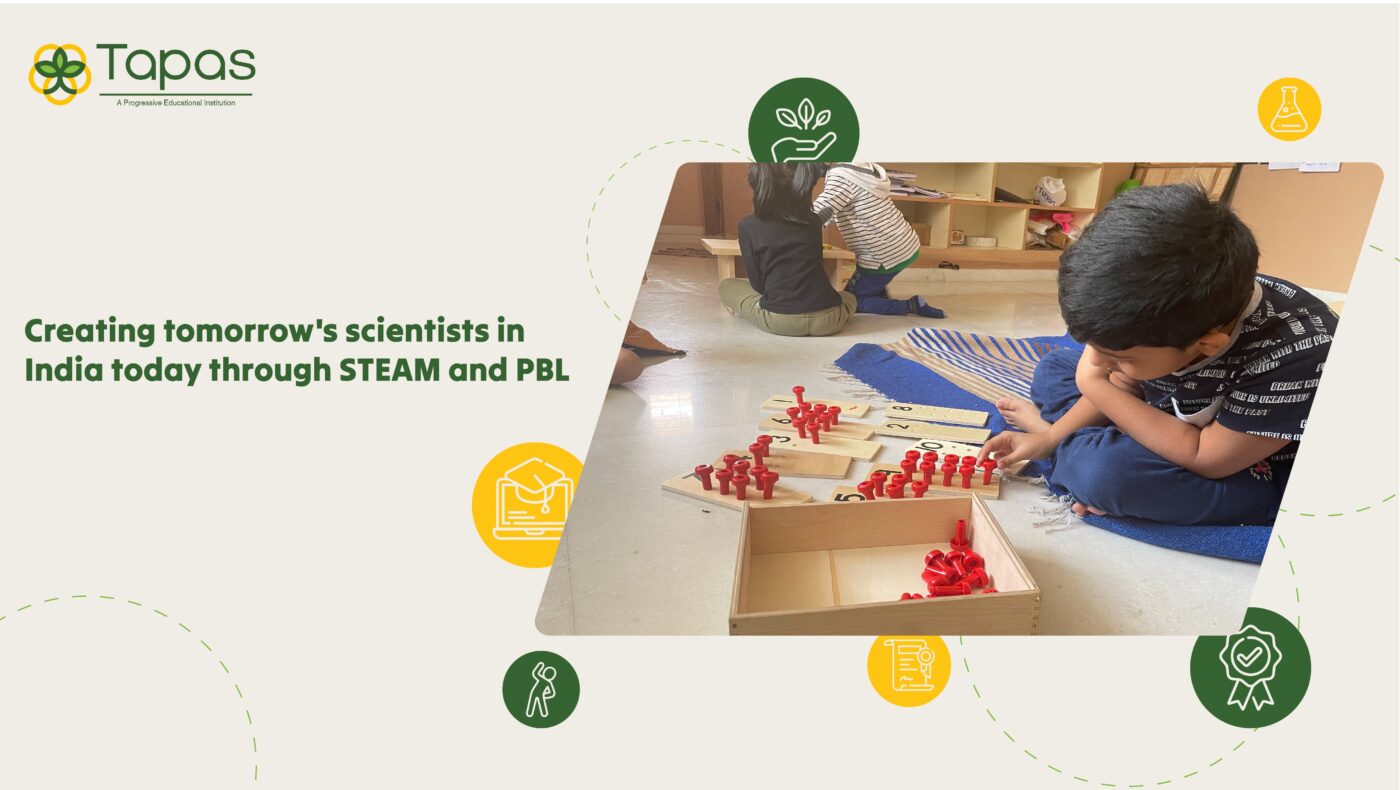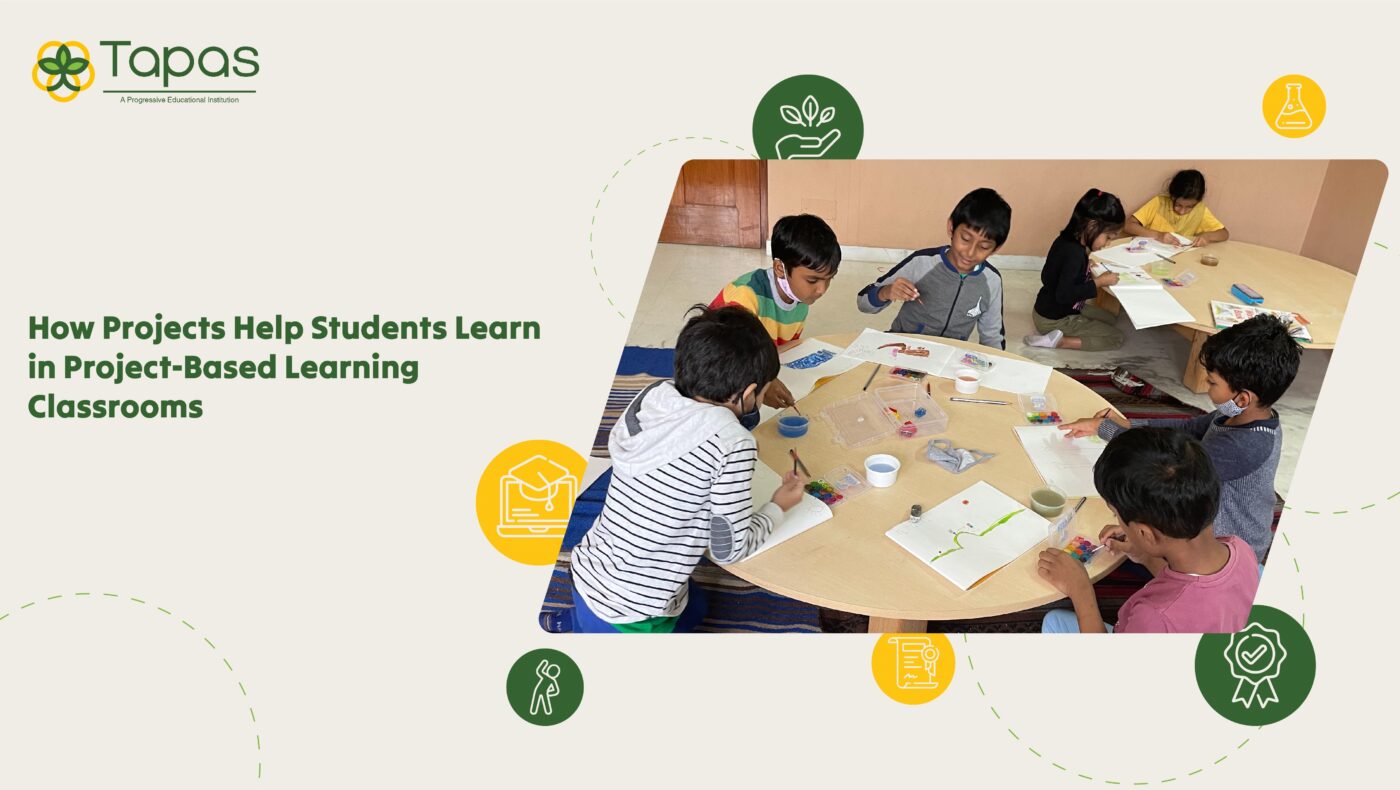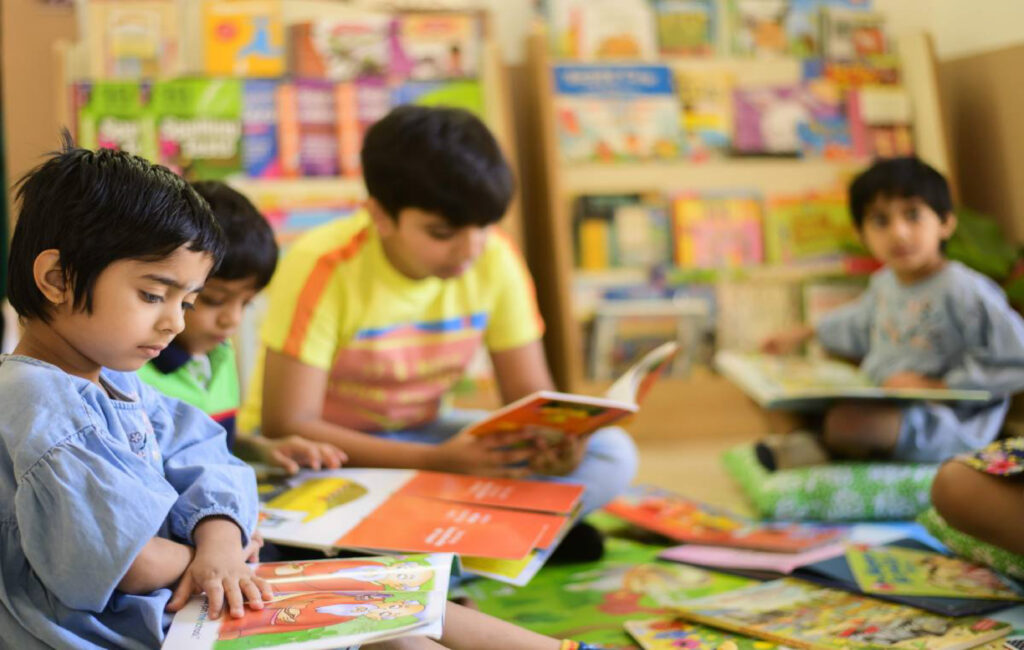Creating tomorrow’s scientists in India today through STEAM and PBL
STEAM (Science, Technology, Engineering, Arts, Mathematics) and PBL (Project-Based Learning) represent innovative paradigms that are revolutionizing education. STEAM Projects infuse arts and creativity into traditional STEM subjects, fostering a multidisciplinary approach to learning. PBL, on the other hand, shifts the focus from passive classroom instruction to hands-on, real-world problem-solving. Together, they provide students with engaging, interactive experiences that cultivate critical thinking, creativity, and practical skills. These methodologies, championed by institutions like TAPAS Education, are bridging the gap between theory and practice, making education relevant and exciting. By visiting https://tapaseducation.com/, one can explore the transformative potential of STEAM Projects and PBL in modern education.
STEAM and PBL in India
In recent years, the adoption of STEAM (Science, Technology, Engineering, Arts, Mathematics) and PBL (Project-Based Learning) has gained momentum within Indian educational institutions. Recognizing the need to nurture holistic skills beyond rote learning, various schools and colleges have incorporated STEAM projects and PBL into their curricula. This shift has allowed students to explore subjects in a more practical and hands-on manner, bridging the gap between theory and application. The rapid growth of innovative education models like these, championed by institutions such as TAPAS Education, reflects a commitment to preparing students for the demands of the modern world, where critical thinking, problem-solving, and creativity are paramount.
Fostering Critical Thinking
- STEAM and PBL require students to analyze real-world problems, fostering critical thinking.
- Through hands-on projects, students learn to devise creative solutions.
PBL encourages students to ask questions, seek answers, and make informed decisions. - Collaborative activities in STEAM and PBL develop teamwork and problem-solving skills.
- Real-life scenarios in projects prepare students for scientific challenges they may face in the future.
Hands-On Learning
STEAM Projects and PBL revolutionize science education by emphasizing hands-on experiments and projects. These immersive learning experiences provide students with a deep understanding of scientific concepts, going beyond theoretical knowledge. By actively engaging in experiments, students grasp complex principles, develop practical skills, and ignite their passion for science. Whether they’re conducting chemistry experiments or engineering prototypes, these hands-on activities make science tangible and enjoyable. With the integration of STEAM and PBL, students are well-prepared to tackle real-world scientific challenges, fostering a new generation of innovative thinkers and problem solvers. Explore these transformative approaches at https://tapaseducation.com/pedagogy/ and witness the evolution of science education.
Multidisciplinary Approach
| INTEGRATION ASPECTS | BENEFITS |
| Science + Arts | Encourages creativity in problem-solving, making scientific concepts more engaging. |
| Technology + Arts | Fosters innovative design thinking and visual communication skills. |
| Engineering + Arts | Promotes practical application of engineering |
Check https://tapaseducation.com/pedagogy/ to understand better.
Real-World Relevance
- STEAM Projects involve students in real-world problem-solving, allowing them to apply scientific principles to tangible challenges.
- PBL creates scenarios mirroring authentic workplace dilemmas, reinforcing the practical relevance of STEM concepts.
- Both models engage students in hands-on projects where they can see the immediate application of what they learn in class.
Successful STEAM and PBL Initiatives
In India, the adoption of STEAM and PBL has been exemplified by various educational institutions. For instance, the Tapas Education School in Bangalore has embraced a STEAM-based curriculum, nurturing the innovative capacity of students through science, technology, engineering, arts, and mathematics projects. They have extended their PBL approach to underserved regions, providing hands-on scientific experiences and project-driven learning to thousands of children. This institution is leading the way in shaping the next generation of Indian scientists, promoting STEAM and PBL through platforms like TAPAS Education.
The Science Aspect and Overview
In India, the combination of Science, Technology, Engineering, Arts, and Mathematics (STEAM) education with Project-Based Learning (PBL) has the potential to revolutionize the way students engage with science. This dynamic approach aims to make science more accessible and comprehensible while nurturing the next generation of scientists. By merging the creative and problem-solving aspects of the arts with the analytical skills of science and mathematics, students can not only grasp complex scientific concepts more easily but also develop a deep passion for the subject. Furthermore, PBL reinforces this learning through practical, hands-on projects that challenge students to apply their knowledge in real-world contexts.
- Interdisciplinary Learning: STEAM education bridges the gap between science and the arts, encouraging students to explore scientific concepts from multiple perspectives.
- Hands-On Experience: PBL complements STEAM by allowing students to apply scientific principles to tangible projects, enhancing their understanding and retention.
- Critical Thinking: STEAM encourages critical thinking and creative problem-solving skills, fostering scientific curiosity and innovation.
- Real-World Relevance: PBL makes science relevant by addressing real-world issues, and showing students the practical applications of scientific knowledge.
- Building Scientists: Together, STEAM and PBL inspire students to not only excel in science but also pursue careers as the next generation of scientists, engineers, and innovators.
Challenges and Solutions Faced in PBL Institutions
| CHALLENGE | SOLUTION |
| Resistance to Change | Promote awareness and provide training for educators. |
| Resource Constraints | Seek grants and partnerships for equipment and materials. |
| Assessment Difficulties | Develop alternative assessment strategies beyond traditional testing. |
| Alignment with Curriculum | Work on aligning STEAM and PBL with existing curricula and frameworks. |
| Lack of Trained Educators | Invest in teacher training programs specific to STEAM and PBL. |
| Parental and Community Awareness | Engage with parents and communities to promote the benefits of these approaches. |
| Scaling Up | Focus on incremental, sustainable growth and scaling. |
| Cultural and Regional Differences | Tailor approaches to suit diverse cultural and regional contexts. |
| Infrastructure and Technological Challenges | Invest in infrastructure development and leverage technology. |
Adopting STEAM and PBL may pose challenges, but with proactive solutions, they can become integral components of Indian education.
Parent and Teacher Roles
Parents and teachers play pivotal roles in bolstering STEAM and PBL endeavors. By fostering curiosity, encouraging exploration, and providing access to resources, they can nurture a student’s scientific curiosity and innovation. Engaging in open conversations about real-world issues, emphasizing practical problem-solving, and instilling a passion for inquiry helps to create an environment where STEAM and PBL can thrive. Through their support, parents and teachers empower young learners to become the scientists and innovators of the future. These educational strategies prepare students to address complex challenges and contribute to society through practical applications of knowledge.
Future Prospects
STEAM and PBL are revolutionizing education in India, nurturing a new generation of innovative scientists. These methodologies encourage hands-on exploration, critical thinking, and problem-solving, equipping students with the skills essential for scientific careers. By blending various disciplines, STEAM offers a holistic perspective and fuels curiosity. PBL fosters practical applications, connecting classroom concepts to real-world challenges. Together, they inspire budding scientists to explore, experiment, and innovate. As India seeks to excel in science and technology, STEAM and PBL are paving the way, fostering a culture of inquiry and creativity that will drive scientific advancements and innovations in the country.
Conclusion
STEAM and PBL are the catalysts transforming science education in India. They hold the potential to redefine how the next generation of scientists is nurtured. By fostering hands-on learning, critical thinking, and interdisciplinary exploration, these methodologies prepare students for the challenges of the modern scientific landscape. To embark on this transformative journey and empower your child’s scientific potential, visit https://tapaseducation.com/. Together, we can ensure that India’s future in science is bright and innovative, driven by inquisitive minds inspired by the power of STEAM and PBL.



 Project-based learning (PBL) redefines how we assess students’ knowledge and skills. In PBL classrooms, assessment methods go far beyond traditional testing. While exams remain a part of the evaluation process, they are complemented by an array of diverse assessment techniques that offer a more comprehensive view of a student’s abilities.
Project-based learning (PBL) redefines how we assess students’ knowledge and skills. In PBL classrooms, assessment methods go far beyond traditional testing. While exams remain a part of the evaluation process, they are complemented by an array of diverse assessment techniques that offer a more comprehensive view of a student’s abilities.